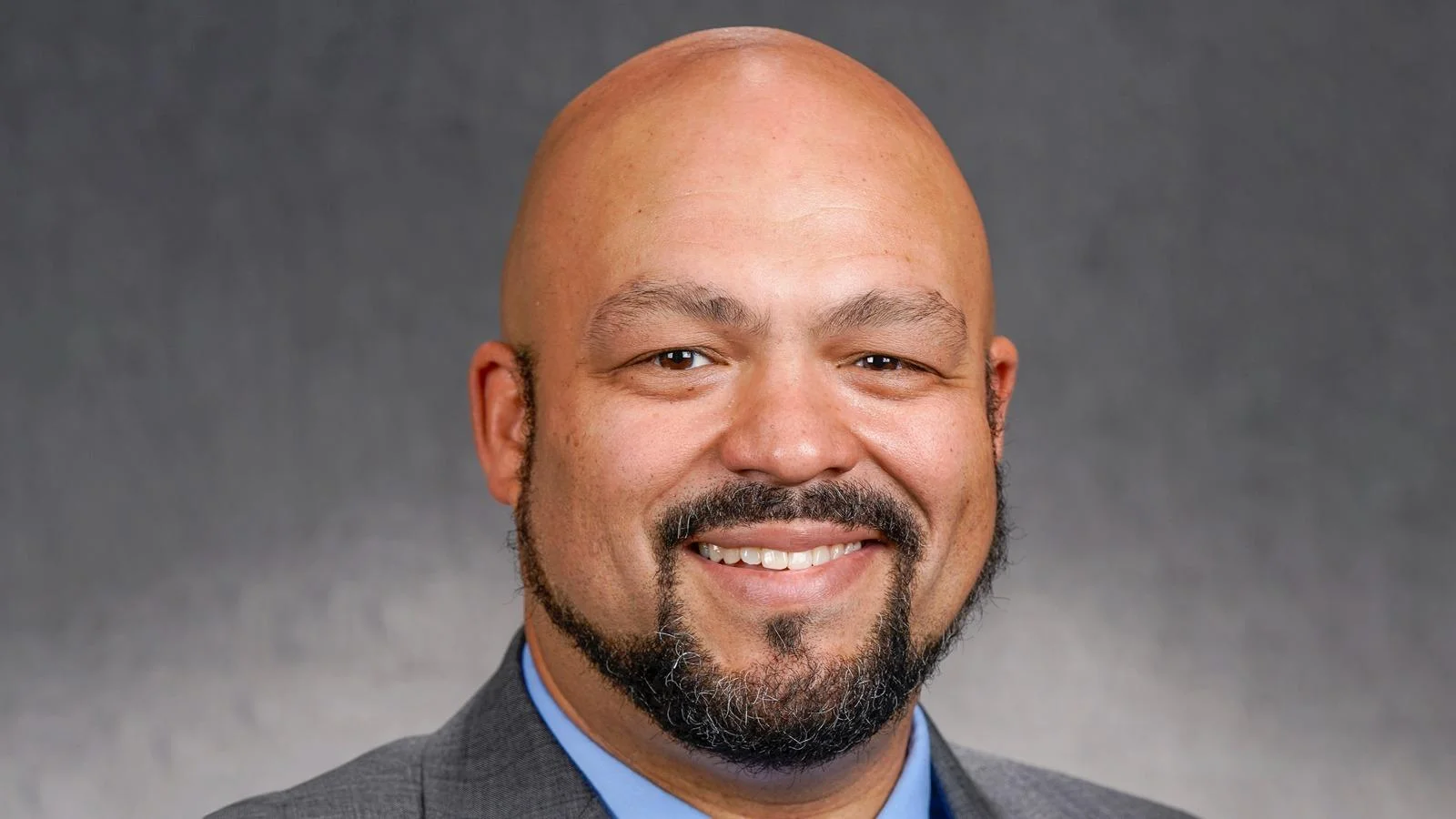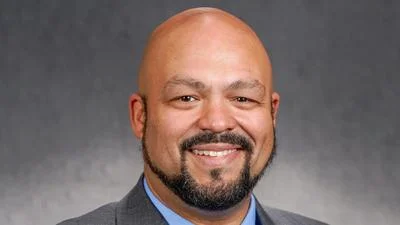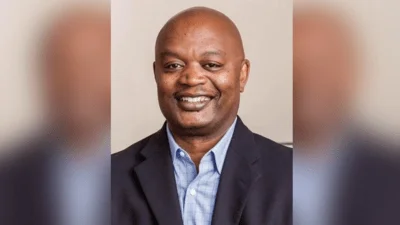Walter Hudson, Minnesota State Representative from 30A District | Official Website
Walter Hudson, Minnesota State Representative from 30A District | Official Website
Walter Hudson, a Minnesota state legislator, posted a series of tweets on September 9, 2025, addressing current political developments in the state and broader societal debates. His remarks included skepticism about legislative efforts on gun control, commentary on electoral strategy for the upcoming 2026 campaign, and strong views regarding the debate between equity and justice.
In his first post at 01:49 UTC, Hudson questioned the motivations behind legislative actions following a recent incident: "Following the Annunciation shooting, a special session on gun control seems more like political theater than a genuine attempt to legislate, especially when key senators admit the votes aren't there. Is there a plan, or is it just a show?" The reference to "Annunciation shooting" alludes to an event that has sparked renewed discussions around firearm regulation in Minnesota.
Shortly after, at 01:55 UTC, he commented on strategies related to voter engagement and campaign tactics: "Minnesota's electorate is more informed than ever, making old manipulation tactics ineffective. The attempt to use voting records for the 2026 campaign presents an opportunity to highlight other issues." Here Hudson pointed out that traditional methods of influencing voters may be losing effectiveness due to increased public awareness.
Later that night at 02:52 UTC, Hudson expressed strong opposition towards prioritizing equity over justice in public discourse: "If you value 'equity' over justice, we're enemies. Because that means you'd rather see me and my family dead then punish criminals regardless of their minority status. That's not a 'diffence of opinion.' It's a declaration of war."
These comments come as Minnesota lawmakers have been under pressure to address gun violence after high-profile incidents such as mass shootings. In response to these events, proposals for special legislative sessions are often called but can face significant partisan divisions which make passage of new regulations difficult.
The discussion about voting records reflects an ongoing trend where both major parties increasingly rely on data analytics and past behavior analysis in campaigning—though critics argue this can overshadow substantive policy debate.
Hudson’s statement on equity versus justice touches upon national conversations about criminal justice reform and how best to balance fairness with individual rights—an issue frequently debated among policymakers and activists across the United States.






 Alerts Sign-up
Alerts Sign-up